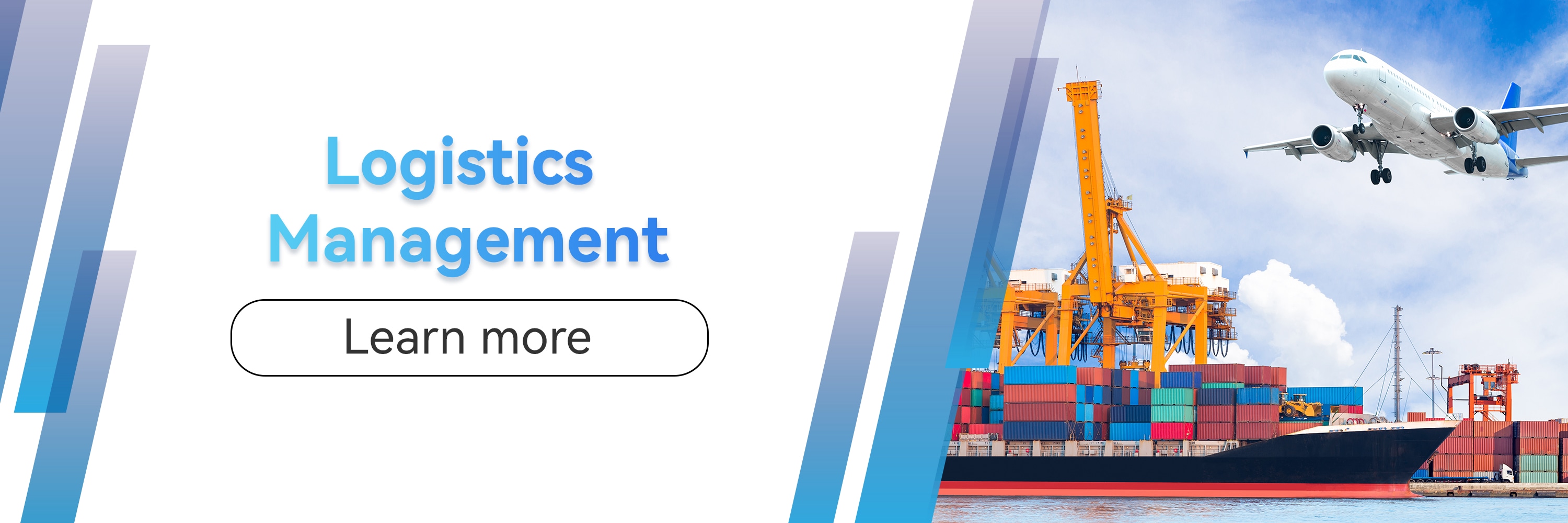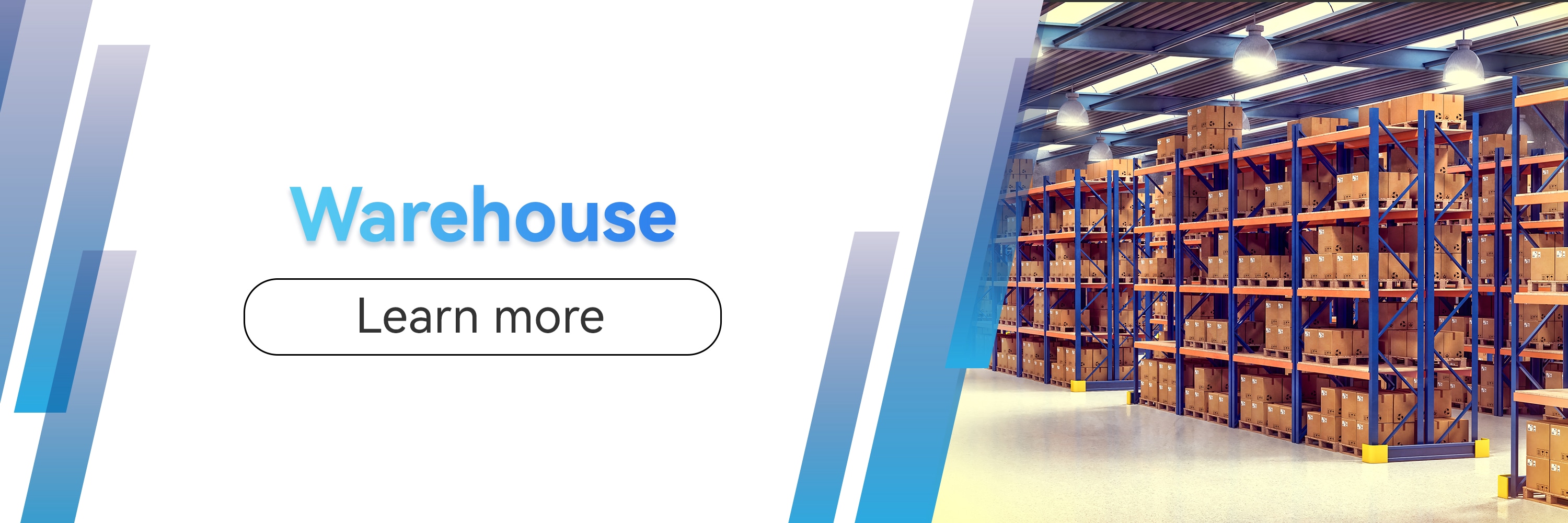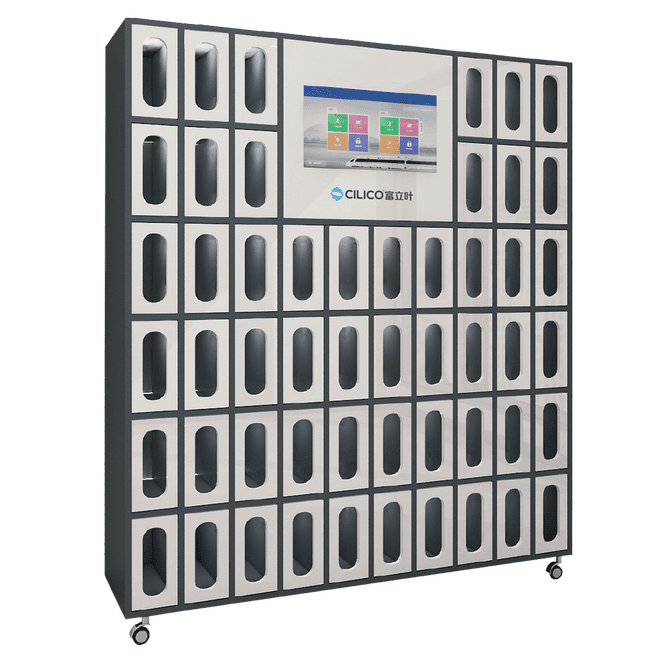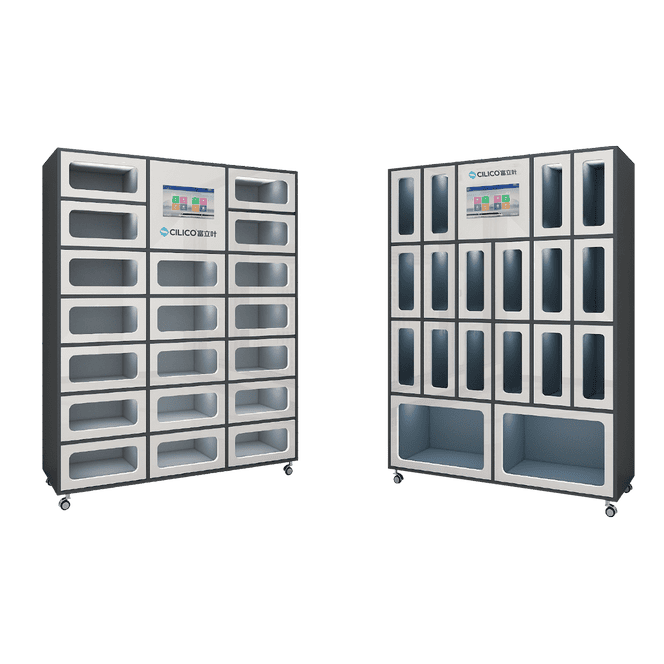A certain railway locomotive depot, which oversees multiple servicing and operation workshops, is responsible for the maintenance and repair of over 300 diesel and electric locomotives and the management of over 3,000 crew members’ attendance.

Original Management Model and Challenges:
Lack of Precision Management:
The current system only allows for category-based management of rotational tools by designated personnel, without achieving "one item, one code." It’s impossible to achieve full lifecycle management and complete traceability.
Low Level of Automation in Material Management:
The issuance and return of materials still rely on paper-based registration and manual distribution and collection. There is no targeted automated management technology according to the characteristics and management requirements of the tools, especially during nighttime and holidays, It takes longer time of issuance process,, increasing the downtime of locomotives in the depot and reducing work efficiency.
Inability to Analyze Data and Provide Effective Decision Support:
Paper-based records are difficult to preserve and query, and data cannot be effectively counted, traced, analyzed, or shared, preventing the formation of "big data" resources and making it impossible to support future decision-making effectively.
Implementation Plan:
Cilico provided a customized lean management solution for railway transportation materials. Various materials, including locomotive keys, walkie-talkies, private network phones, and tools, are centrally managed through RFID smart warehouses. Verification methods such as facial recognition, fingerprint recognition, barcode scanners, and IC cards are employed to achieve intelligent, unmanned storage, charging, and self-service distribution of special tools, thereby significantly improving locomotive operation management levels and reducing labor costs.
A big data platform can dynamically display the issuance and return data of various materials in real-time according to user requirements. It can also summarize, analyze, and facilitate the querying and tracing of data based on user needs.
Customer Value:
Economic Benefits:
The system's calculated procurement lists have improved capital utilization and reduced inventory costs.
Management Benefits:
With innovative thinking, the intelligentization of equipment has enabled paperless office work and unmanned supervision. The data can be queried and traced, facilitating real-time summary and analysis, forming "big data" resources, and providing effective data support for subsequent business decisions.
Time Benefits:
With precise guidance on tool storage locations based on crew member usage rights, the time required for tool retrieval and return can be reduced to 30 seconds to 1 minute.
Human-Centric Benefits:
The introduction of intelligent systems has shifted many tasks that required on-site presence to remote information processing, greatly relieving the human workload and adhering to the principle of being human-centric. Through intelligent distribution devices, a rational configuration can save up to half the manpower.

























